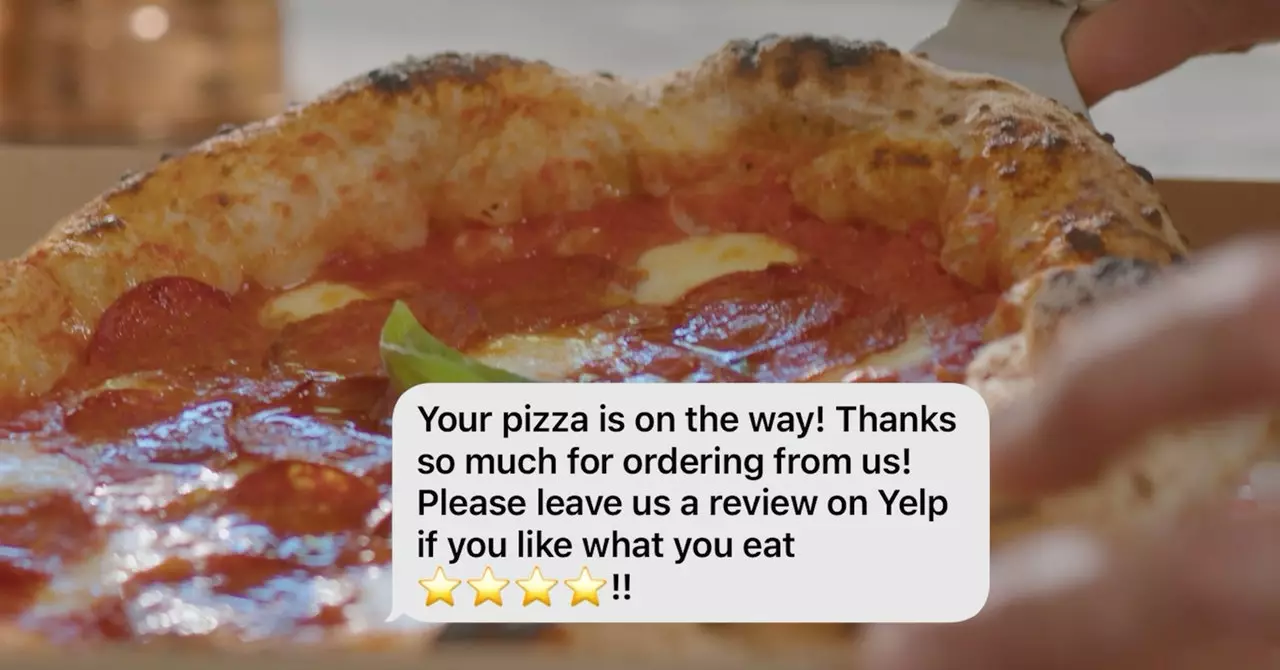In the fast-evolving landscape of retail technology, companies are continually on the hunt for innovative ways to engage customers and enhance their shopping experiences. One pioneering initiative in this realm is Wyze’s introduction of Palona, a personalized sales agent that leverages artificial intelligence (AI) to provide tailored assistance to customers. By utilizing the existing catalog of Wyze products and incorporating a sophisticated patent-pending model, Palona is set to revolutionize how consumers interact with brands.
Palona employs a structured approach to ensure conversations remain within the desired realm of Wyze products. The backbone of this system comprises several large language models, including OpenAI’s ChatGPT, complemented by a unique supervisory model that monitors the dialogues. This intricate design allows Palona to correct course during a conversation should it stray from its intended focus. Such a mechanism is essential in maintaining brand integrity and ensuring informative exchanges with users.
Zhang, a pivotal figure behind the development of Palona, emphasizes the integration of “emotional intelligence” within the AI’s framework. This design choice aims to foster an engaging interaction style that goes beyond mere transactional dialogue. The bot’s competencies include the ability to understand humor, follow contemporary messaging norms, and employ gentle persuasion techniques—essential tools for effective sales.
One of the unique features of Palona is its personification as a wizard, which creates a thematic narrative that enhances user experience. When posed with questions, Palona responds with creativity and charm, taking the typical shopping inquiry and transforming it into a whimsical exchange. For instance, when queried about the best security camera, Palona would respond with a friendly, “Let me guide you through some enchanting options.” This approach not only makes the interaction entertaining but also reinforces brand identity.
Furthermore, Palona does not shy away from acknowledging competitors in the market, displaying a level of transparency that can foster trust. When asked to compare with products like the Nest Cam, it not only highlights its offerings but offers insights into competitive features, ultimately steering the conversation towards the affordability of Wyze’s products.
Incorporating an upselling strategy, Palona frequently highlights Wyze’s subscription plans following product inquiries. This mirrors traditional sales techniques where sales representatives would suggest additional products or services based on customer needs. While some consumers may find this method somewhat reminiscent of aggressive sales tactics, the AI’s approach seeks to balance information delivery with persuasive recommendations.
Moreover, Palona’s capacity to remember customer preferences introduces a layer of personalization that humanizes the automated experience. Although it may be less critical for technology-related queries, this feature can significantly enhance customer engagement by recalling prior interactions and tailoring responses to individual user profiles.
As Zhang puts forth, the incorporation of conversational interfaces is likely to become the preferred mode of interaction for younger consumers. This demographic increasingly favors engaging with AI as opposed to traditional search engines, aligning perfectly with the way Palona functions. By allowing customers to inquire directly about a brand’s product catalog, Palona aims to reshape the search experience into one that is interactive and intuitive.
Despite being a trailblazer, Wyze is not navigating this landscape alone. Competitors like Big Sur AI are also leveraging similar technologies to enhance sales processes, suggesting a growing industry trend towards AI-driven customer support. Notably, the absence of commission-based incentives for these AI agents may make them a more attractive option for brands looking to streamline their sales processes while maintaining cost efficiency.
Palona represents a significant step forward in the future of retail technology, merging creativity with functionality to redefine customer interactions. As AI continues to impact consumer behavior and brand engagement, the evolution of personalized sales agents will likely dictate the next wave of retail strategies. Companies looking to leverage these technologies must embrace innovation while ensuring that customer connection remains at the forefront of their business models. The journey towards a fully interactive retail experience may just be beginning, with Palona lighting the way.

